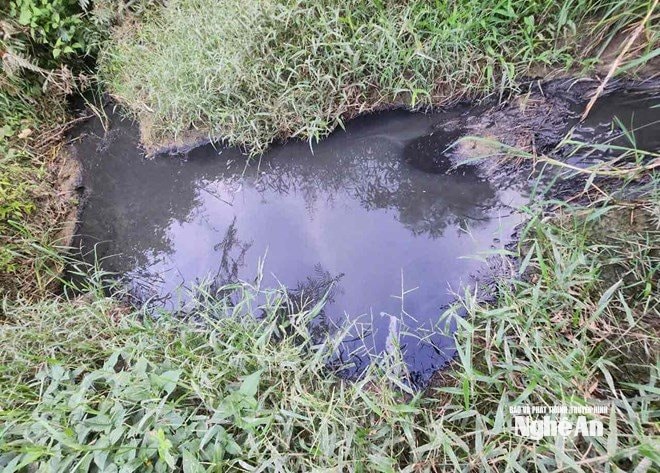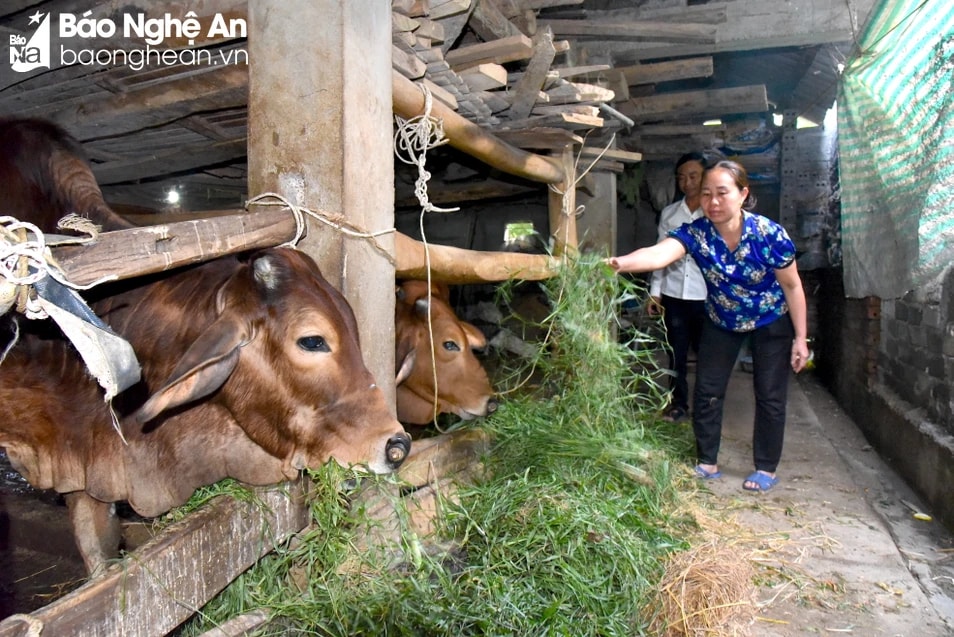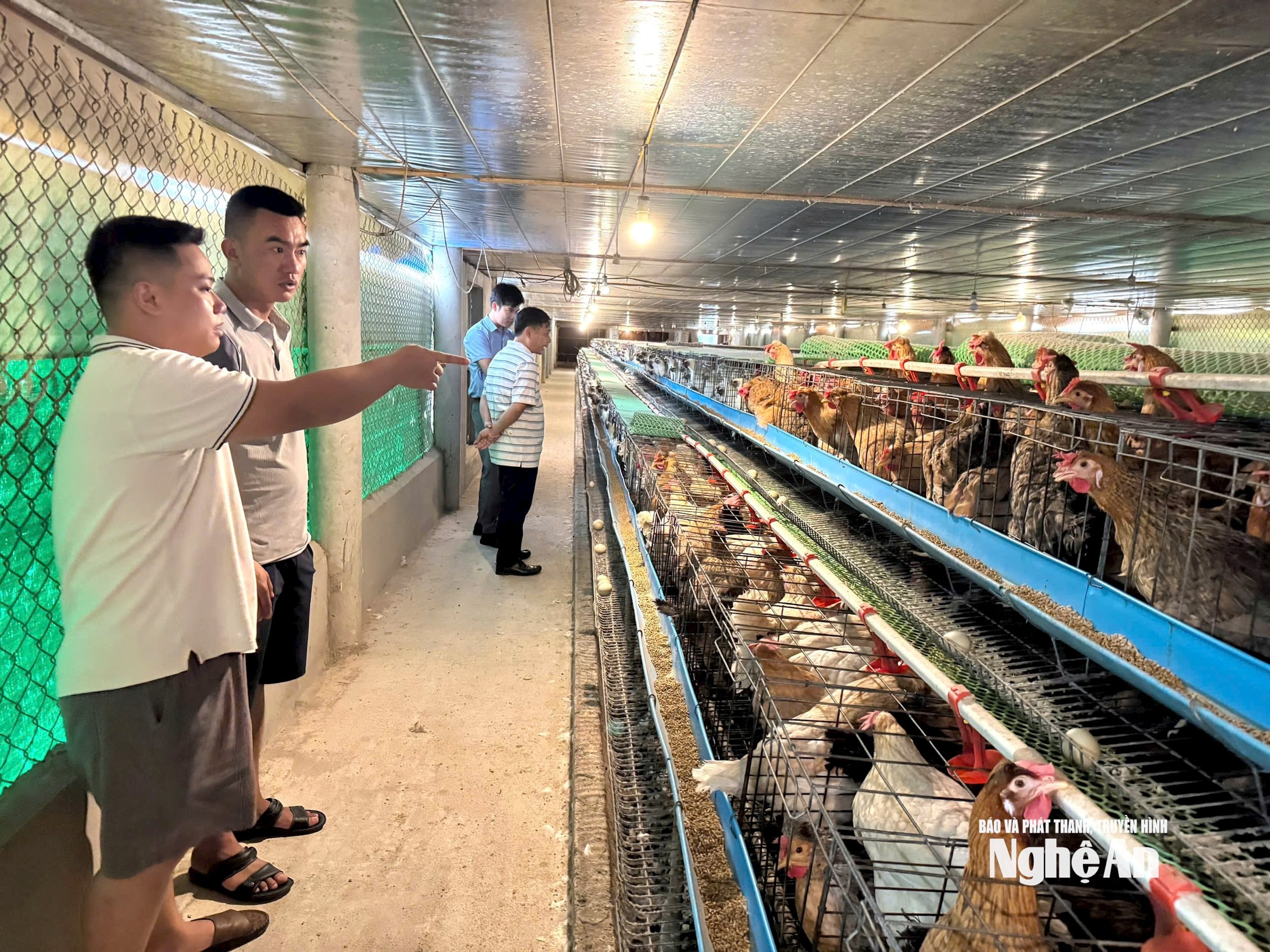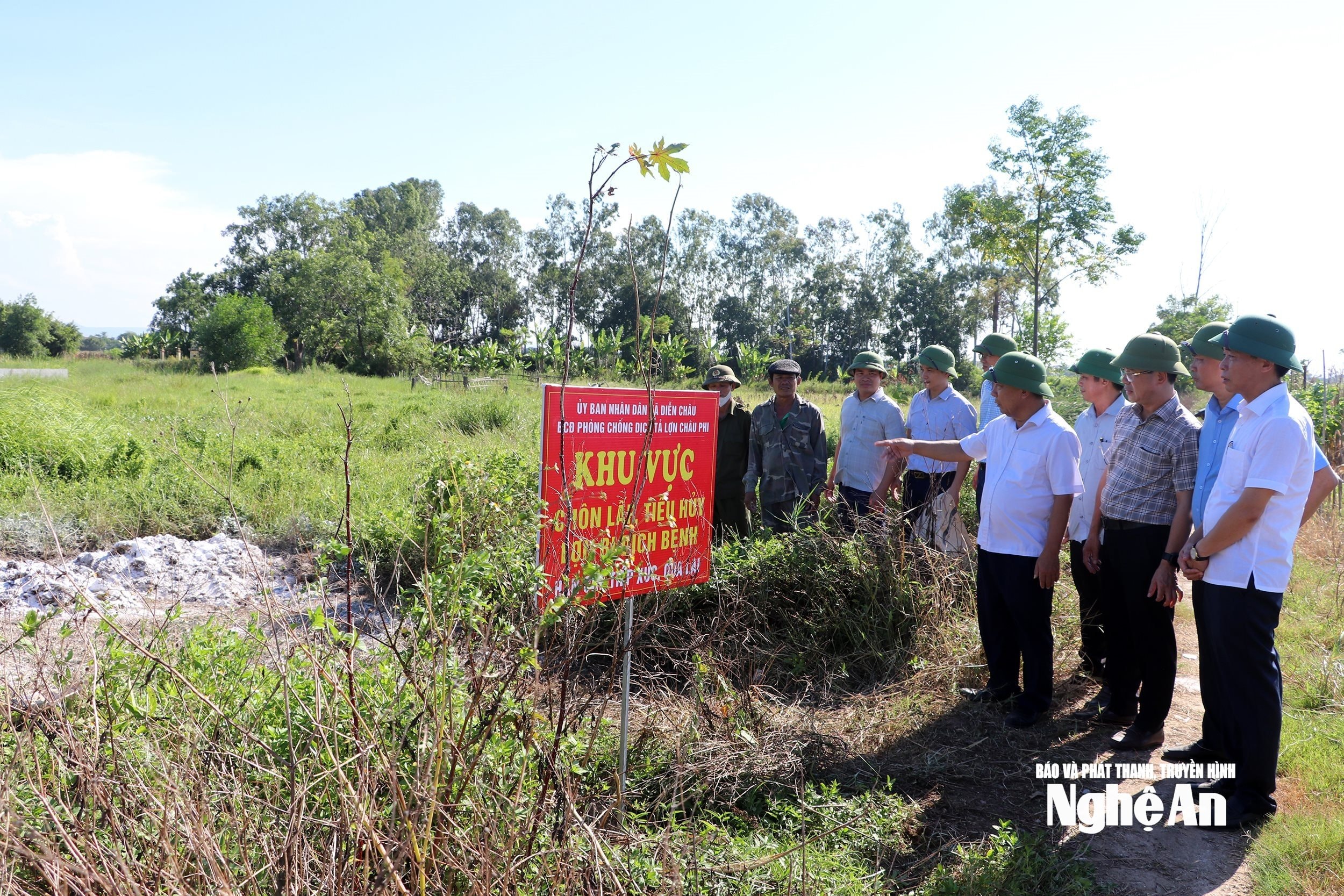Nghe An plans to ban livestock farming in 317 residential areas of 15 wards and communes.
According to the Draft Resolution submitted to the Provincial People's Council on Regulations on residential areas where livestock farming is not allowed and policies to support the relocation of livestock farms out of unauthorized areas, Nghe An plans to regulate a ban on livestock farming in 317 residential areas.
Specifically, according toProvincial People's Committee draftAfter consulting with the people and submitting to the Provincial People's Council at the upcoming session, the entire province plans to have 317 residential areas in 15 wards and communes banned from raising livestock, except for pets and animals raised in laboratories that do not pollute the environment.

According to the Appendix attached to the Draft Regulation, there are 317 residential areas in 15 wards and communes expected to be banned from raising livestock. Of which, Truong Vinh ward has the most with 90 residential areas, followed by Thanh Vinh ward with 84 residential areas, Vinh Hung ward with 43 residential areas, Vinh Phu ward with 35 residential areas, Vinh Loc ward with 15 residential areas, Hoang Mai ward with 5 residential areas, Tan Mai ward with 4 residential areas, and Cua Lo ward with 1 residential area.
In the commune block, Do Luong commune has 20 residential areas, Quynh Phu commune has 6 residential areas, Van An commune has 5 residential areas, Dien Chau commune has 4 residential areas, Nghi Loc commune has 3 residential areas and Yen Thanh commune has 1 residential area.

Mr. Dang Van Minh - Head of the Provincial Department of Animal Husbandry and Veterinary Medicine said: Although livestock farming activities are facing many difficulties, the overall scale of the province's livestock and poultry herd is still increasing.
Besides prioritizing the development of livestock farming according to the family farm model (currently there are 987 farms), accounting for 35% of the total livestock herd, in Nghe An, the situation of small-scale, scattered livestock farming interwoven in residential areas is still common and accounts for about 65% of the total herd.
The advantage of household livestock farming is taking advantage of agricultural by-products and care, but this form of farming does not ensure environmental hygiene, has low economic efficiency, has the potential risk of disease, environmental pollution and affects public health.

The representative of the Provincial Department of Animal Husbandry and Veterinary Medicine also added: The areas where livestock farming is prohibited are mainly in the inner city area or if in the commune, residential areas with high population density, developed services - trade, and new urban areas will be completely prohibited. Currently, the provinces have implemented this quite well. If approved by the Nghe An Provincial People's Council at the meeting in November, the Regulation will apply from January 2026.
In reality, livestock farms in residential areas have waste, wastewater, and odors from barns that are difficult to completely treat and will spread into the environment, reducing the quality of life and ruining the urban beauty.
To implement the livestock ban regulation, the province will have a relocation support mechanism, accordingly, livestock facilities must meet the conditions and criteria specified in Decree No. 106/2024/ND-CP on supporting livestock development and Decision No. 41/2024/QD-UB dated October 31, 2024 of the Provincial People's Committee.

In addition, support is provided for the cost of moving livestock barns and livestock to a suitable location, not exceeding 50% of the total cost and not exceeding VND 500 million/facility; at the same time, support 100% of the cost of training and coaching to change jobs for facility owners and direct workers at livestock facilities according to this Resolution when they stop livestock activities and have a need to learn a new job. The maximum support level does not exceed 3 months of basic salary/person. The number of workers participating in training and changing jobs is based on actual registration needs.
